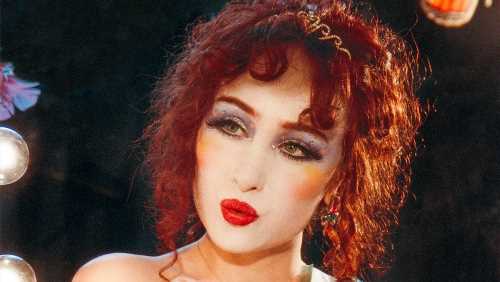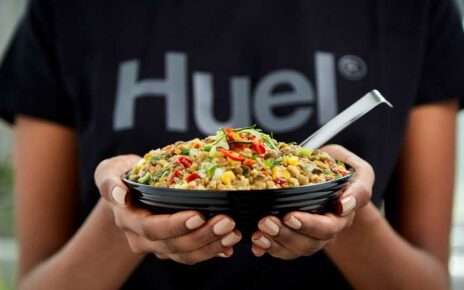Chappell Roan’s debut album, “The Rise and Fall of a Midwest Princess,” has been almost a decade in the making.
Roan’s career had a fairy-tale beginning: After posting covers on YouTube, she was signed to Atlantic Records at just 17, which took her from small-town Missouri to Hollywood. She released an EP in 2017, “School Nights,” but in 2020, Roan was dropped by the label. Motivated by the rejection, Roan reinvented herself and her music — with the help of Olivia Rodrigo’s go-to producer Dan Nigro — trading her singer-songwriter roots for campy, euphoric pop that begs to be blasted in gay clubs. Now 25, Roan is proud to say that her album, out Sept. 22, is the “absolute opposite” of
her first effort.
“I love this music, and that’s a big difference between my EP and now,” Roan says. “I rose from the ashes of losing all my money and moving back in with my parents and working the drive-thru — this beautiful project came to life from the deep pits of hell.”
Why was it important to nod to your Midwestern roots in the album title?
I knew I needed to put the Midwest in there because it’s so important to my project. It influences the music, my fashion, my lyrics, the energy around it — and I don’t want to lose that part of me. I thought I really did when I was younger, but now
I don’t anymore.
Growing up in Missouri, what were some of your early musical influences?
I grew up pretty much only on Christian rock. And then in high school, I downloaded Pandora and I would sit in my bathroom and listen to Drake. I got really into hip-hop because it was a brand-new world that I had not been exposed to ever. The song that sparked me writing music was “Stay” by Rihanna. I was like, “I want to make songs like this.” And then I didn’t start making music that I liked until I was 21 or 22.
How come?
I started writing when I was 15, and I literally got signed when I was 17. It happened so fast, and I just wasn’t ready. It’s so cliché, but one weekend I was playing coffee shops, and the next weekend I was signed to Atlantic Records. It was very unhinged and really scary, and no one knew what was going on. I hated all that music, which is so weird because looking back, why would I release something that I don’t like? I just genuinely didn’t know what I was doing, and I didn’t feel like
I had a lot of help.
When did it click that you were finally making music you could be proud of?
Honestly, it was the “Pink Pony Club” music video — the leather daddies lifted me up in the air and I was spinning, and you can’t see in the video, but I had tears in my eyes because it was what I’d always wanted to feel.
You’ve said that this album is you “fearlessly embracing queerness.” What does that mean to you?
I love the queer community. When queer people are together, it’s the happiest, most vibrant feeling. I have local drag queens opening for me in every city [on the upcoming tour], and we have 34 shows. With every ticket, we have a percentage going to For the Gworls, which is a Black trans charity based in New York. The shows are a way for me to give a safe space to queer people and to have fun and dress up, because every show is themed. It feels like magic onstage. I’m literally getting teary-eyed, because it’s everything I ever wanted.
Things you didn’t know about Chappell Roan
Odd jobs: Roan has been a nanny and a production assistant on an HBO show, and she worked at an emo music-themed doughnut shop and a drive-thru coffee kiosk.
Family ties: Her grandparents make a cameo in the music video for “Hot to Go.”
Read More About:
Source: Read Full Article

